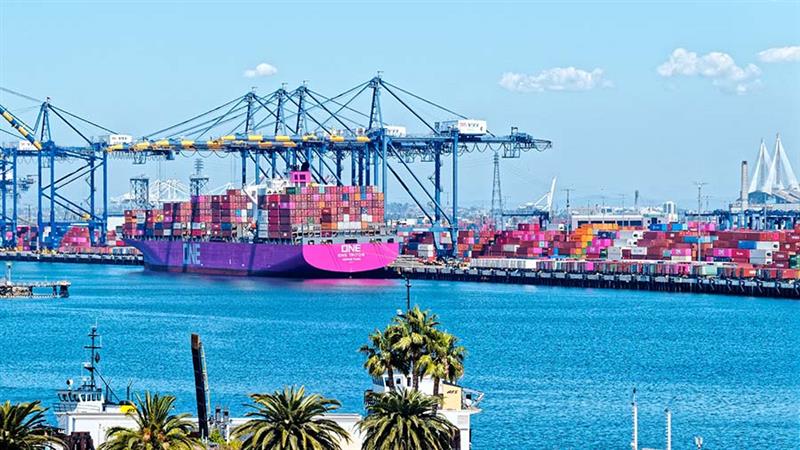China to Expand Cross Border RMB Use
Mar. 10 – After relaxing restrictions on cross-border RMB settlements, China’s RMB-based trade transactions in 2010 saw an impressive growth from a year earlier to a total of RMB510 billion. In addition to the continuously increasing RMB use in international trade transactions, the Chinese government this year is also exploiting new opportunities for its local currency to function in RMB-based foreign direct investment and the financial market.
Among the RMB510 billion of RMB-based trade settlements last year, RMB440 billion happened in the second half. This was largely a result of a government decision to expand a pilot RMB cross-border settlement scheme from the original 5 cities to 20 starting in June, covering 67,359 mainland exporters compared to the previous coverage 365 exporters.
Cheng Jun, general manager of Corporate Global Trade Services at Bank of China, said the demand for RMB from overseas financial institutions, corporations, and individuals around the world is huge. Therefore, both Chinese and foreign banks have been rushing to offer RMB-based products and settlement services. Bank of China announced that it handled RMB40 billion in trade settlements in January alone – 25 percent of the total it handled in the whole year of 2010.
Experts at HSBC predict that at least half of China’s trade transactions with emerging markets will be settled with the RMB over the next three to five years, compared to its use in just 3 percent of such deals presently.
After allowing mainland enterprises to conduct RMB-based direct overseas investment since January, the People’s Bank of China (PBC) says they are also studying the possibility for Chinese companies with RMB deposit accounts overseas to conduct RMB-based FDI in the mainland. Just as PBC’s President Zhang Jiajun said, China needs both RMB-based ODI and FDI, and the regulations of FDI are going to be announced.
Although overseas markets such as Hong Kong have seen a surge in RMB deposits since July last year along with the expanded RMB use worldwide, K. C. Chan, Hong Kong’s secretary for Financial Services and the Treasury, said the existing overseas RMB financial products – mainly RMB-denominated bonds – still lack diversity.
While RMB-denominated bonds have seen rapid growth and reached RMB30 billion in assets so far, Chan pointed out that RMB-denominated funds and IPOs may become the future development. Currently there are four funds in Hong Kong that put all their investment in RMB-denominated bonds, and the Hong Kong government is expecting to have RMB-denominated initial public offerings (IPOs) in the next few years.
At the same time, Chan warned of the risks of launching the RMB-denominated IPOs in the Hong Kong market, due to the low liquidity of the RMB under the government’s limitation. In order to reduce such risks, a mini qualified foreign institutional investor (QFII) program is in Hong Kong’s plan. Different from the regular QFIIs that convert foreign currency to the RMB to invest in the mainland’s capital market, the mini QFII program aims at attracting investment of overseas RMB deposits back to the Chinese market.
Related Reading
Chinese Yuan Seeks Further Internationalization and Less Reliance on U.S. Dollar
China’s Central Bank May Allow Further Foreign Investment in Local Markets
China Expands Pilot Areas for RMB Settlement of Cross-Border Trade Transactions
- Previous Article China to Raise Deductible Income Rate for IIT to RMB3,000
- Next Article China Levies Huge Tax Bill on Foreign-Owned, Offshore Transaction



























